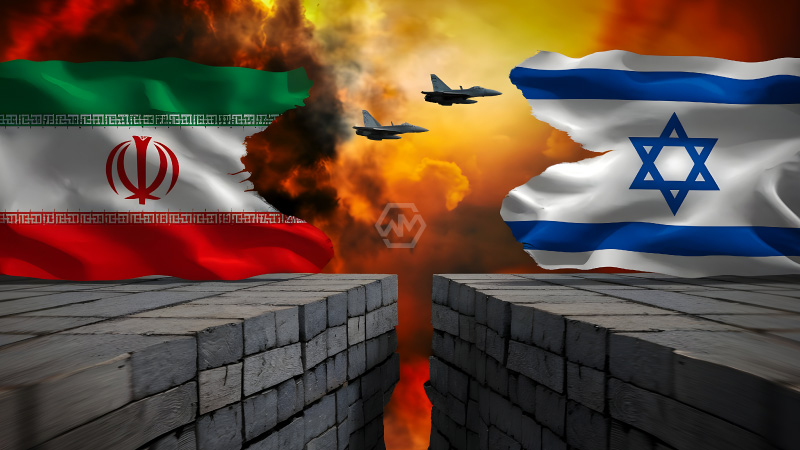- Israel and Hamas reach a tentative 42-day ceasefire deal, including a phased hostage exchange.
- Humanitarian aid is expected to flow into Gaza amidst escalating airstrikes.
- Global mediators, including the U.S., Egypt, and Qatar, play a pivotal role in the negotiations.
The tentative agreement between Israel and Hamas seeks to bring a temporary halt to hostilities after months of intense conflict. Under the deal, 33 hostages are set to be released in exchange for hundreds of Palestinian prisoners.
Political challenges loom large over the agreement. Israeli Prime Minister Benjamin Netanyahu faces pressure from far-right coalition partners, who oppose significant concessions, threatening the stability of his government.
Ceasefire Uncertainty Amid Ongoing Conflict
The proposed Israel-Hamas truce marks a potential turning point in the prolonged conflict. The initial phase includes releasing hostages and providing critical humanitarian aid to Gaza, a region devastated by weeks of relentless airstrikes. Despite international mediation, distrust between the parties remains a significant hurdle.
Hamas has been accused of renegotiating terms, allegedly to secure better concessions, while Israeli officials insist on retaining veto power over prisoner releases. Such last-minute disputes have delayed cabinet approval, reflecting the intricate balance of power and negotiation.
Humanitarian conditions in Gaza continue to worsen, with over 46,000 casualties reported, mostly women and children. The United Nations estimates that 90% of Gaza’s population has been displaced, underscoring the urgent need for relief efforts to stabilize the region.
Global actors, including the U.S., Egypt, and Qatar, are pushing for a broader resolution that encompasses a phased withdrawal and permanent ceasefire. These efforts highlight the international community’s stake in preventing the escalation of violence and restoring stability.
This fragile ceasefire represents a critical juncture in the Israel-Hamas conflict, with the potential to alleviate humanitarian suffering and pave the way for long-term peace.
“Peace is not the absence of conflict, but the ability to cope with it.” — Mahatma Gandhi



